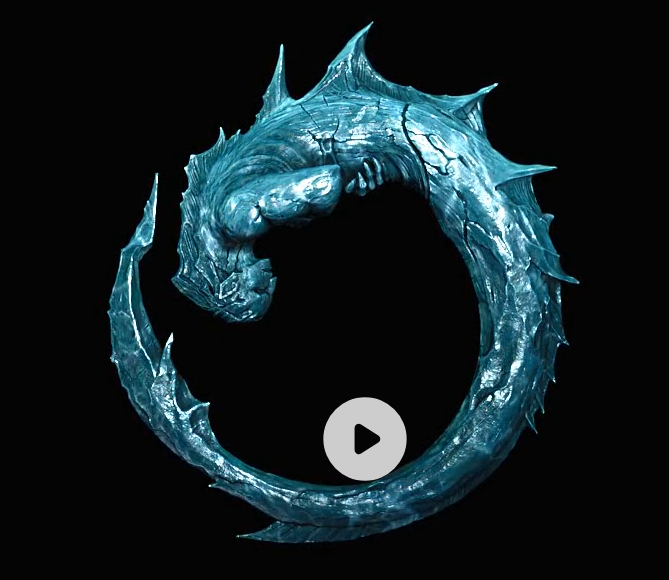I found It’s OK That You’re Not OK in the wreckage of a grief so heavy I could barely breathe. It was the kind of loss that made people cross the street to avoid me, the kind that turned well-meaning friends into nervous strangers who tripped over hollow platitudes. Megan Devine’s words didn’t just comfort me—they saw me. Like she was kneeling in the debris beside me, whispering: "You’re not broken. This is what love looks like when it has nowhere to go."
1. Grief Isn’t a Problem to Fix—It’s a Landscape to Navigate
Devine, a therapist who became grief-stricken herself after her partner drowned, dismantles our culture’s obsession with "healing" and "closure." She writes about the suffocating pressure to "get better," the way people flinch when your pain outlasts their comfort. Her radical truth? Some wounds don’t close. They become part of you. This wasn’t permission to wallow—it was liberation from the tyranny of timelines. I stopped counting the months since my loss, stopped judging my tears. Grief wasn’t my enemy anymore; it was just my love, persistent and unspent.
2. The Most Helpful Words Are Often the Quietest
The book ruthlessly exposes the violence of platitudes: "They’re in a better place," "Everything happens for a reason," "What doesn’t kill you—" Devine names what the bereaved already know: these aren’t comforts, they’re silencers. Instead, she offers the phrases that actually help: "This sucks. I’m here. Tell me about them." I started writing these down, handing them to loved ones like a cheat sheet. One friend texted simply "Today must hurt" on the anniversary—the first message that didn’t make me feel alone.
3. Grief Rewires Time Itself
Devine articulates what I couldn’t: that loss doesn’t just take a person—it steals your sense of time. The "before" feels like a different lifetime; the "after" moves in cruel fast-forwards and endless loops. She normalizes the disorientation: forgetting what year it is, smelling their perfume on a stranger, laughing before remembering you’re "supposed" to be sad. "You’re not going crazy," she assures. "You’re learning to live in a world that now has their absence in it."
4. Love Doesn’t End—It Changes Form
The most beautiful chapter explores how we keep loving the dead. Devine rejects the pressure to "let go" or "move on." Instead, she offers ways to continue loving: lighting candles, writing letters, keeping their favorite coffee mug in the cabinet. "Grief is just love with no place to land," she writes. I started wearing my grandmother’s ring every Tuesday, our old lunch date day. It wasn’t clinging—it was remembering, and that felt like its own kind of survival.
5. The Only Way Out Is Through
Devine doesn’t promise relief. She promises something better: companionship in the pain. Her book became my anchor when waves of sorrow hit—not because it made the waves smaller, but because it assured me I wouldn’t drown. "You don’t have to believe in ‘everything happens for a reason’ to find meaning," she says. "Sometimes the meaning is simply: this love mattered."
Why This Book is a Lifeline
Most grief books try to rescue you from the dark. Devine hands you a flashlight and sits beside you in it. Her prose is fierce and tender, like a friend who lets you scream into their shoulder but won’t let you isolate.
After reading, I stopped hiding my grief to make others comfortable. I said my brother’s name out loud without apology. I understood that real healing isn’t about feeling less—it’s about being loved through the feeling.
Read if: You’re tired of being told to "stay strong," if your loss feels too heavy for hollow optimism, or if you want to love someone in pain without trying to "fix" them. This book won’t take the hurt away. It’ll make it matter.
"Your grief is not a sign of weakness. It’s proof of your extraordinary capacity to love." —Megan Devine























.jpg)

.jpeg)


.jpg)
.jpg)
.jpg)








.jpeg)










.jpeg)















.jpg)


.png)





.jpg)
.jpeg)






.jpg)

.jpeg)



.jpg)





